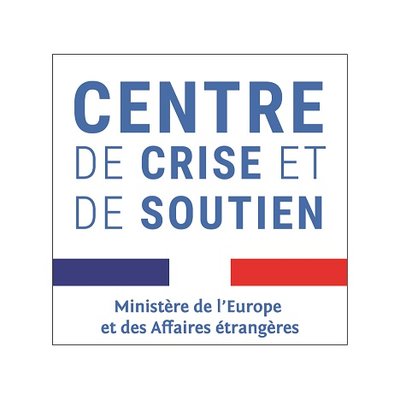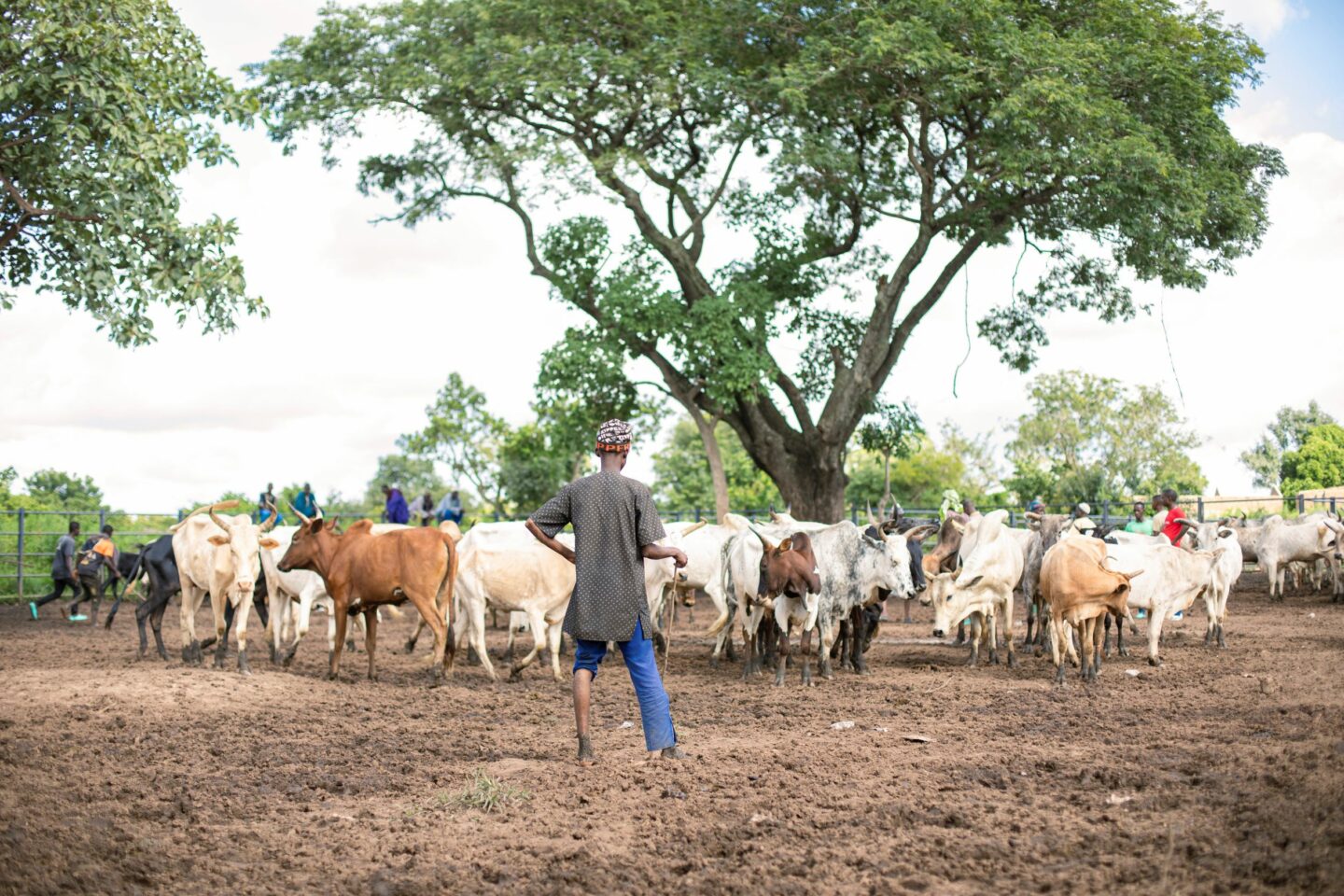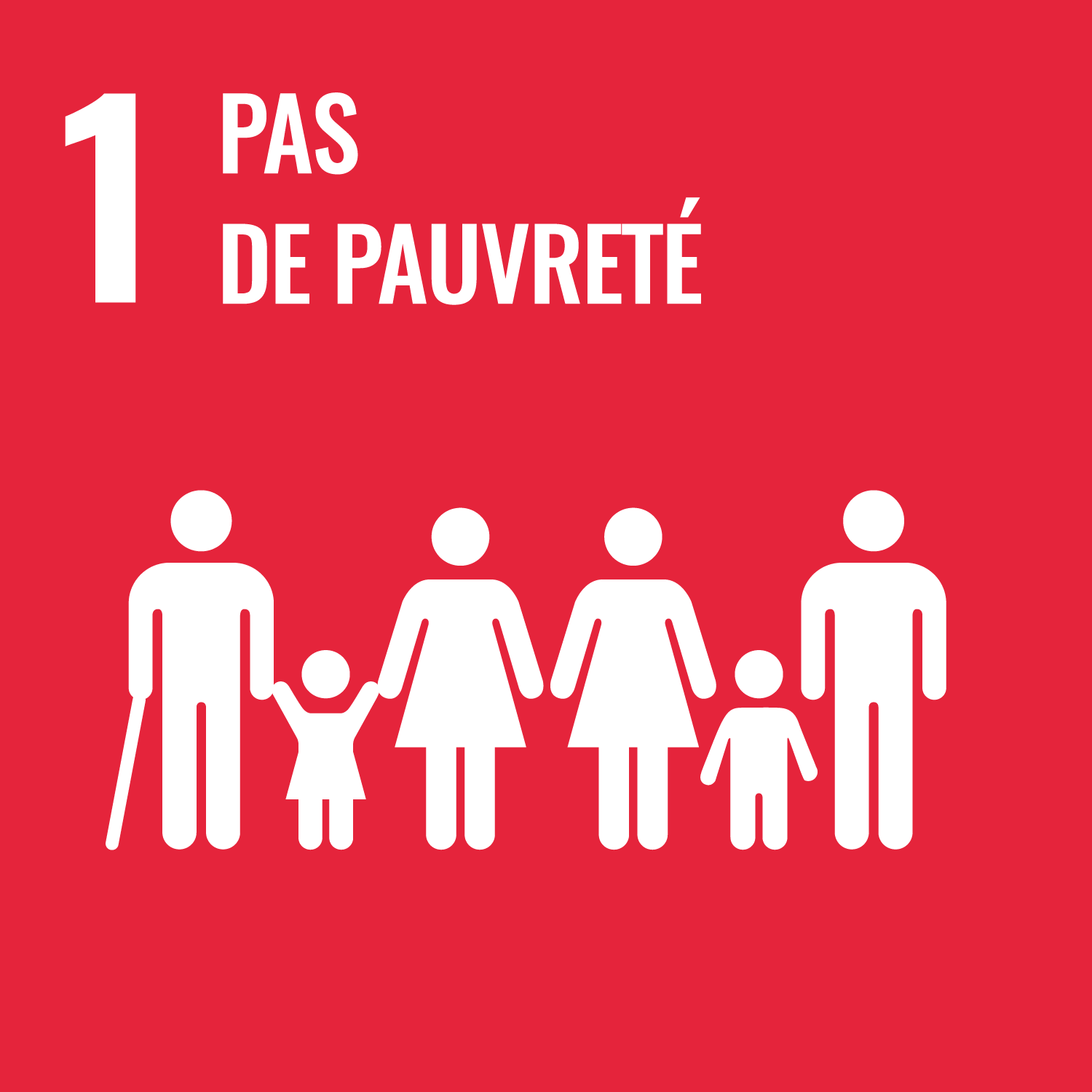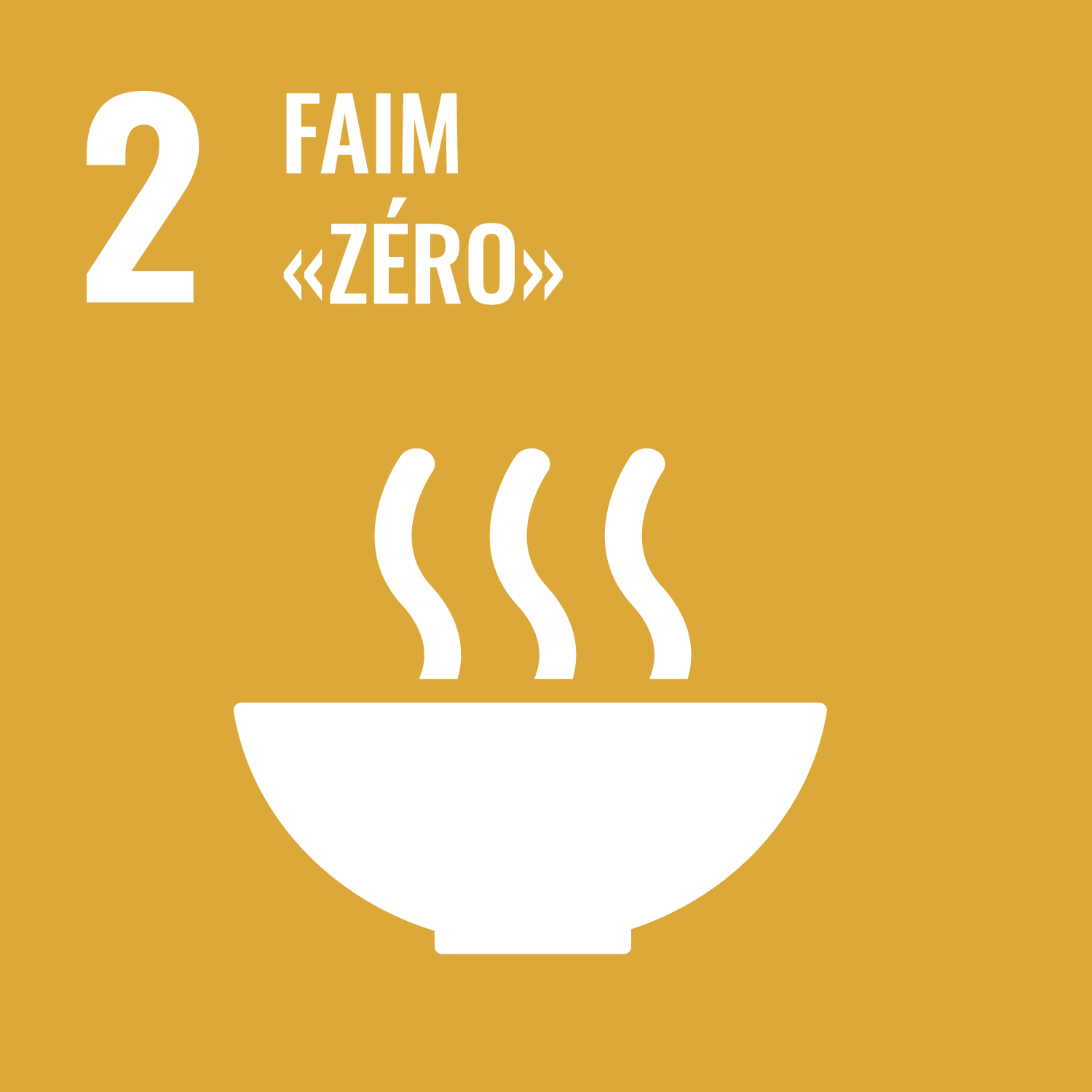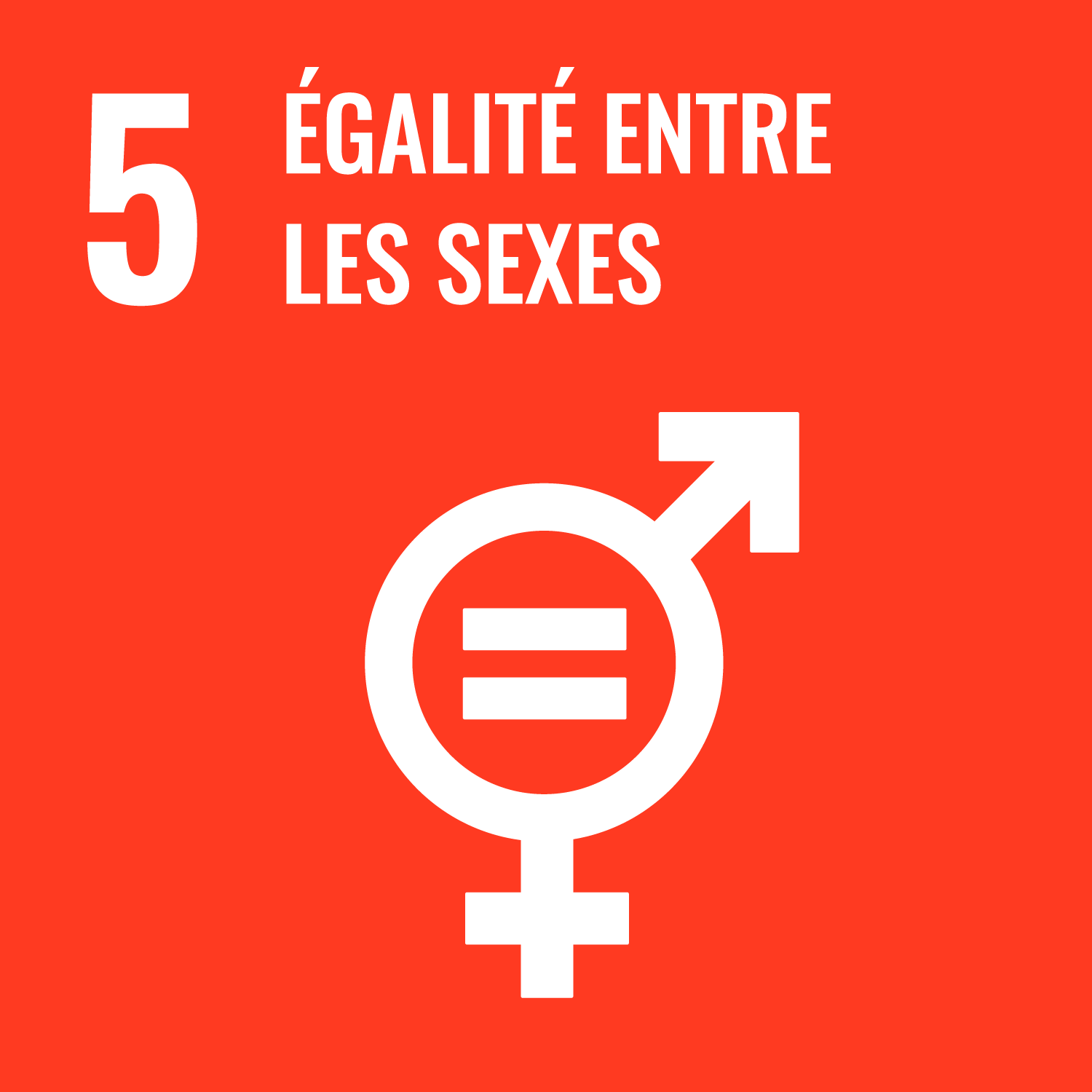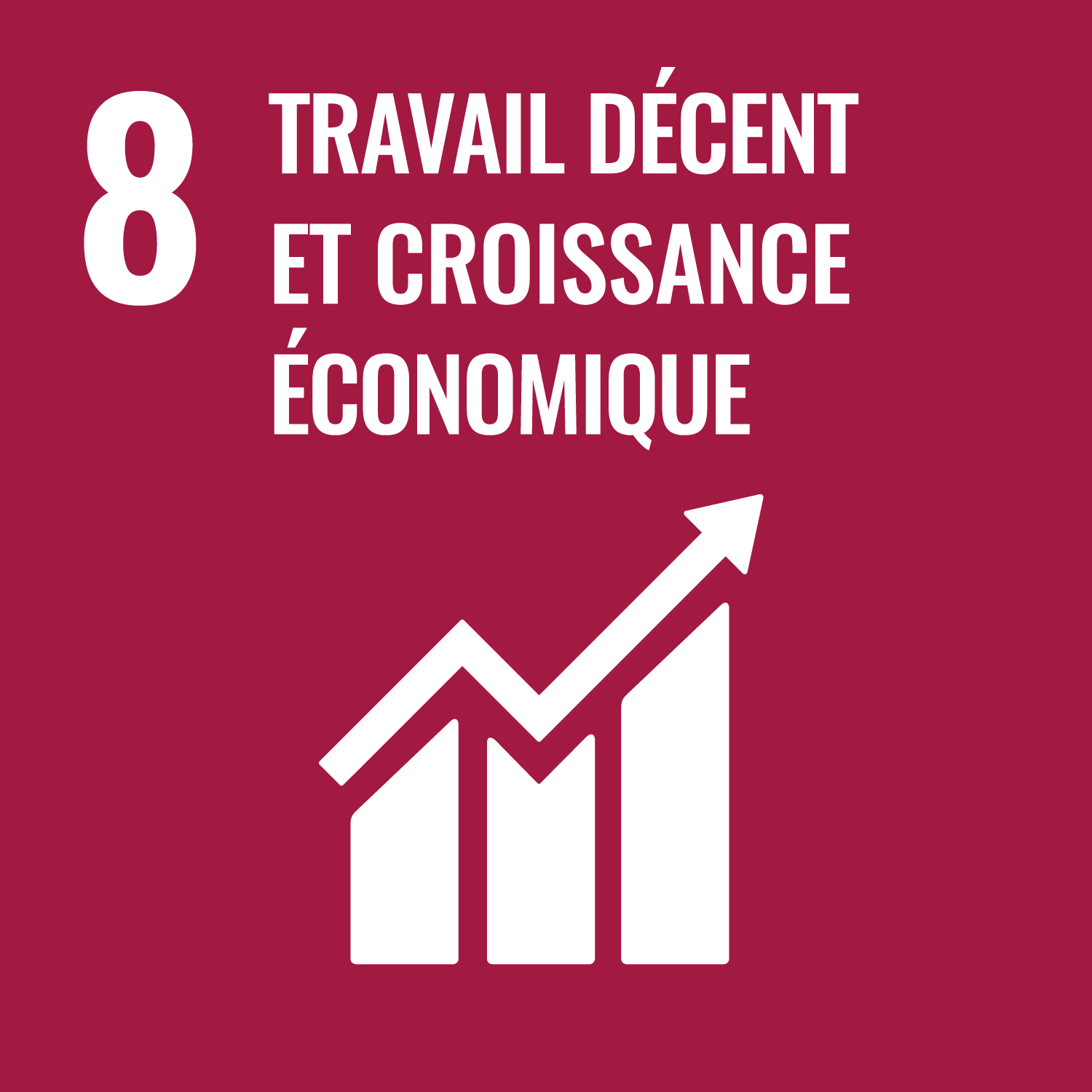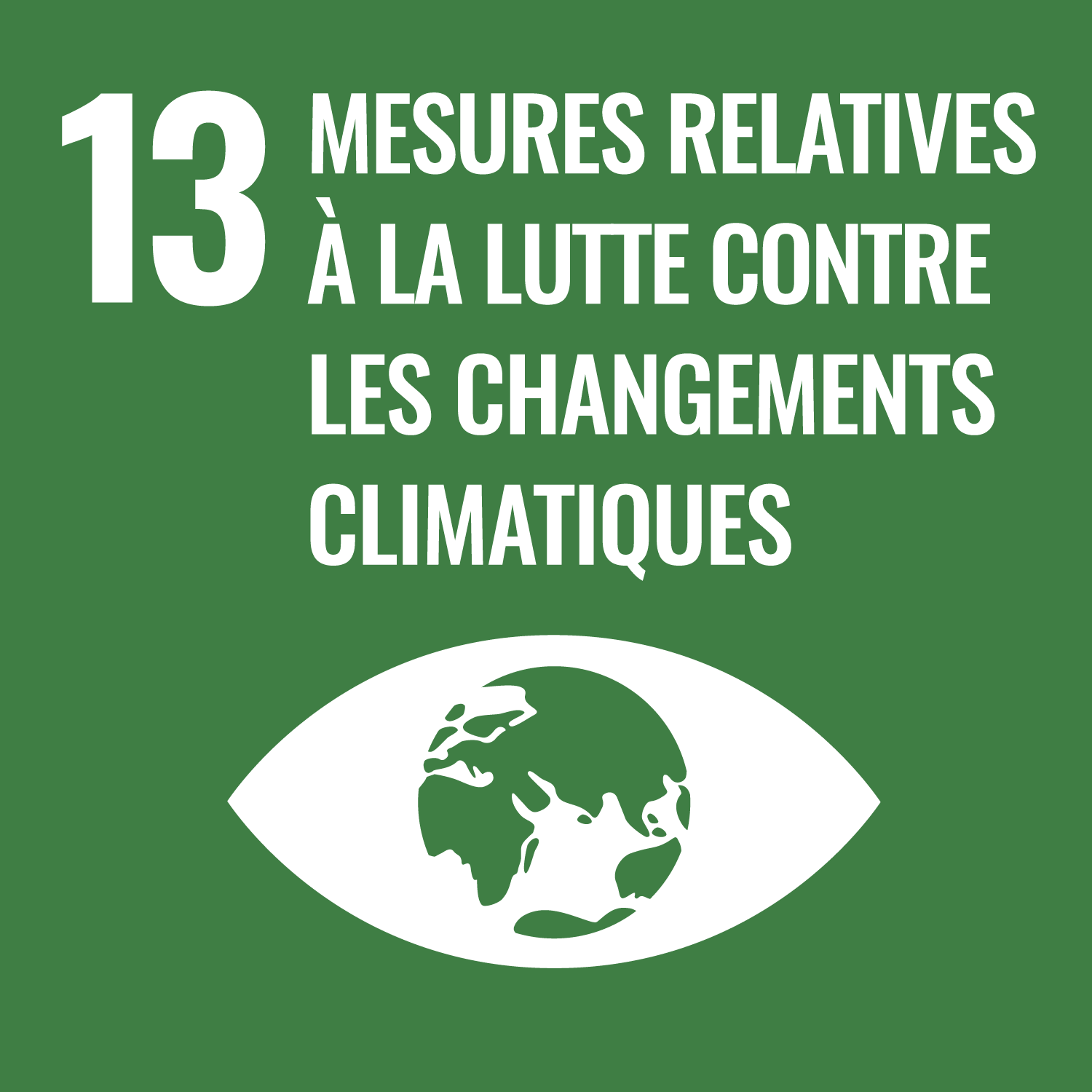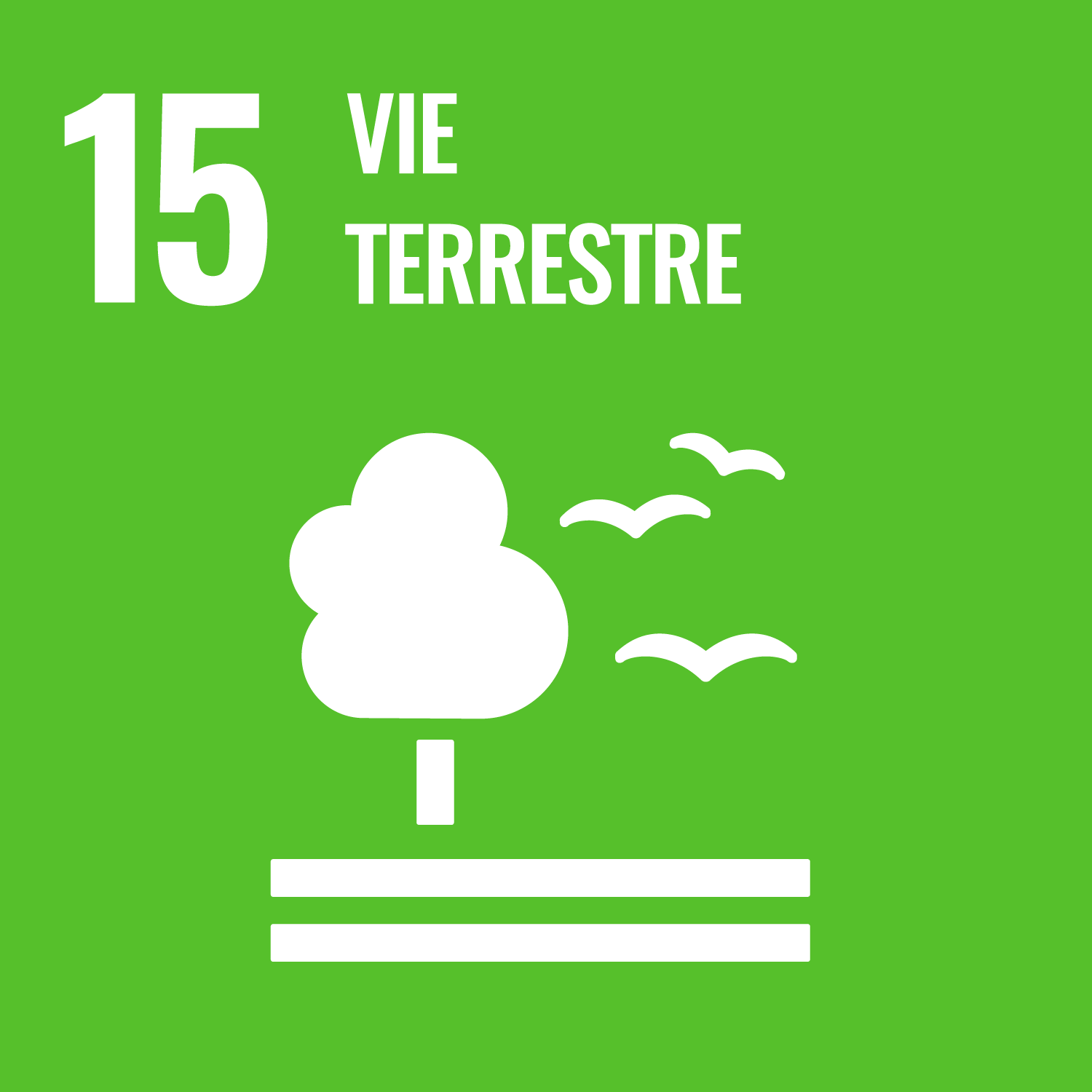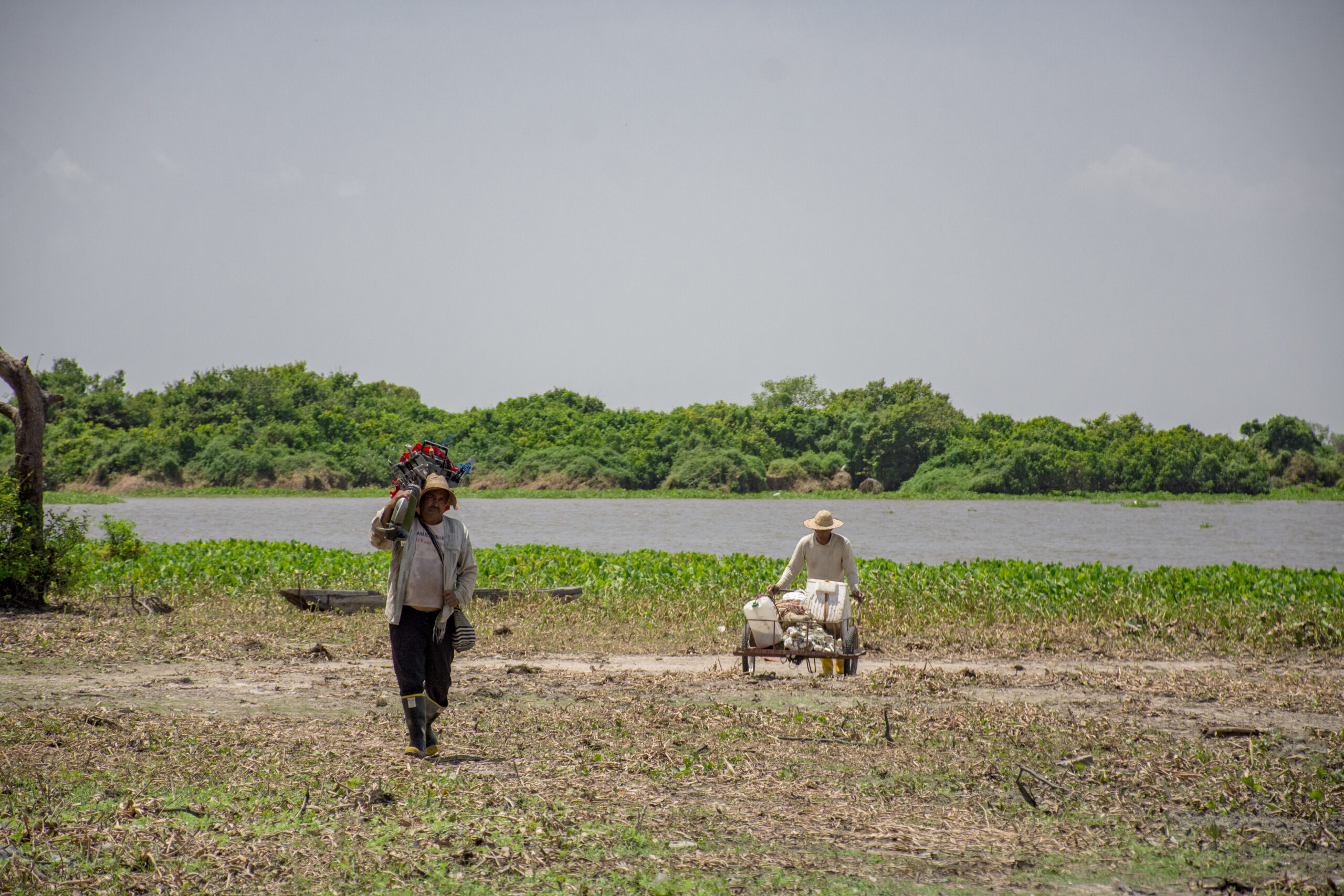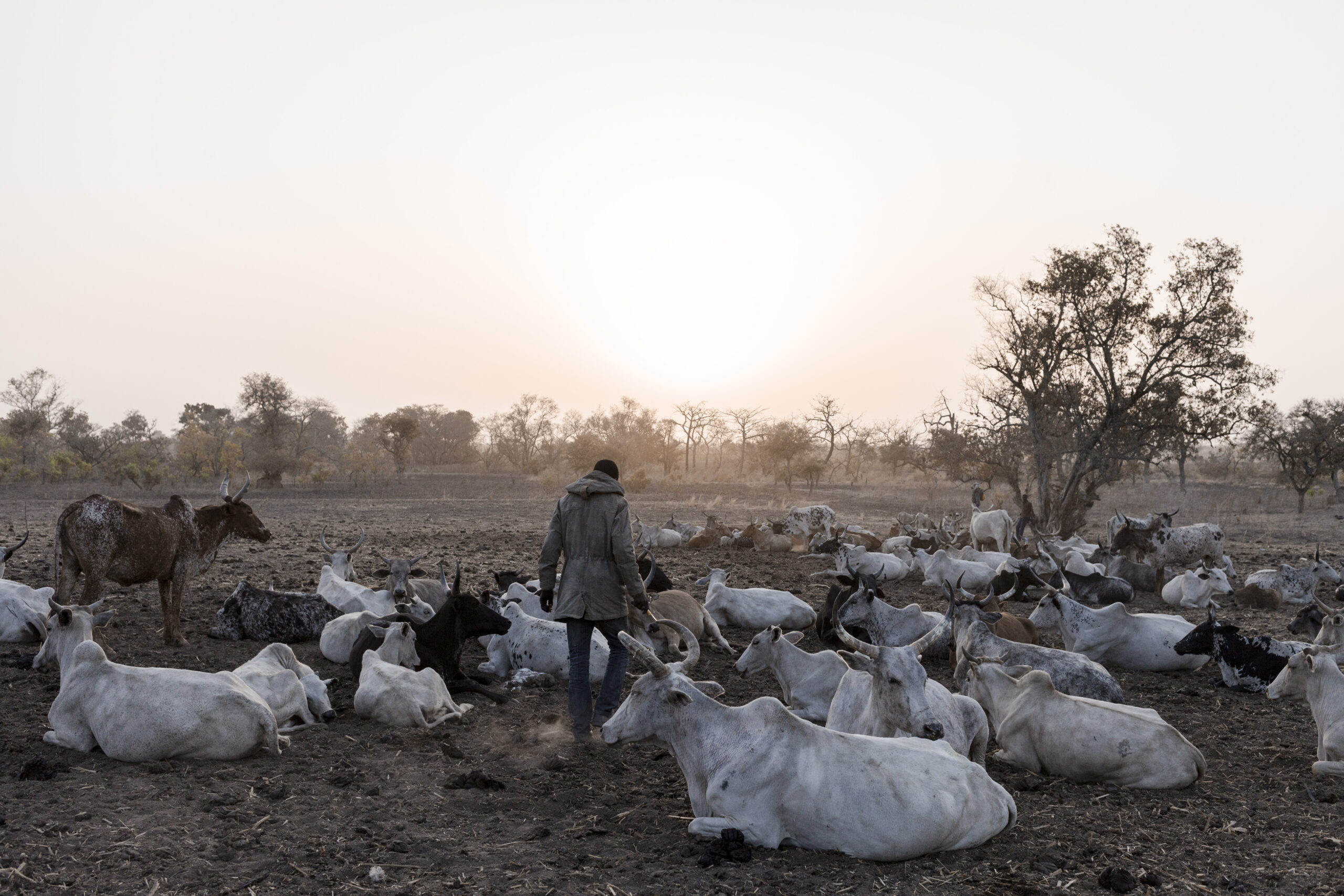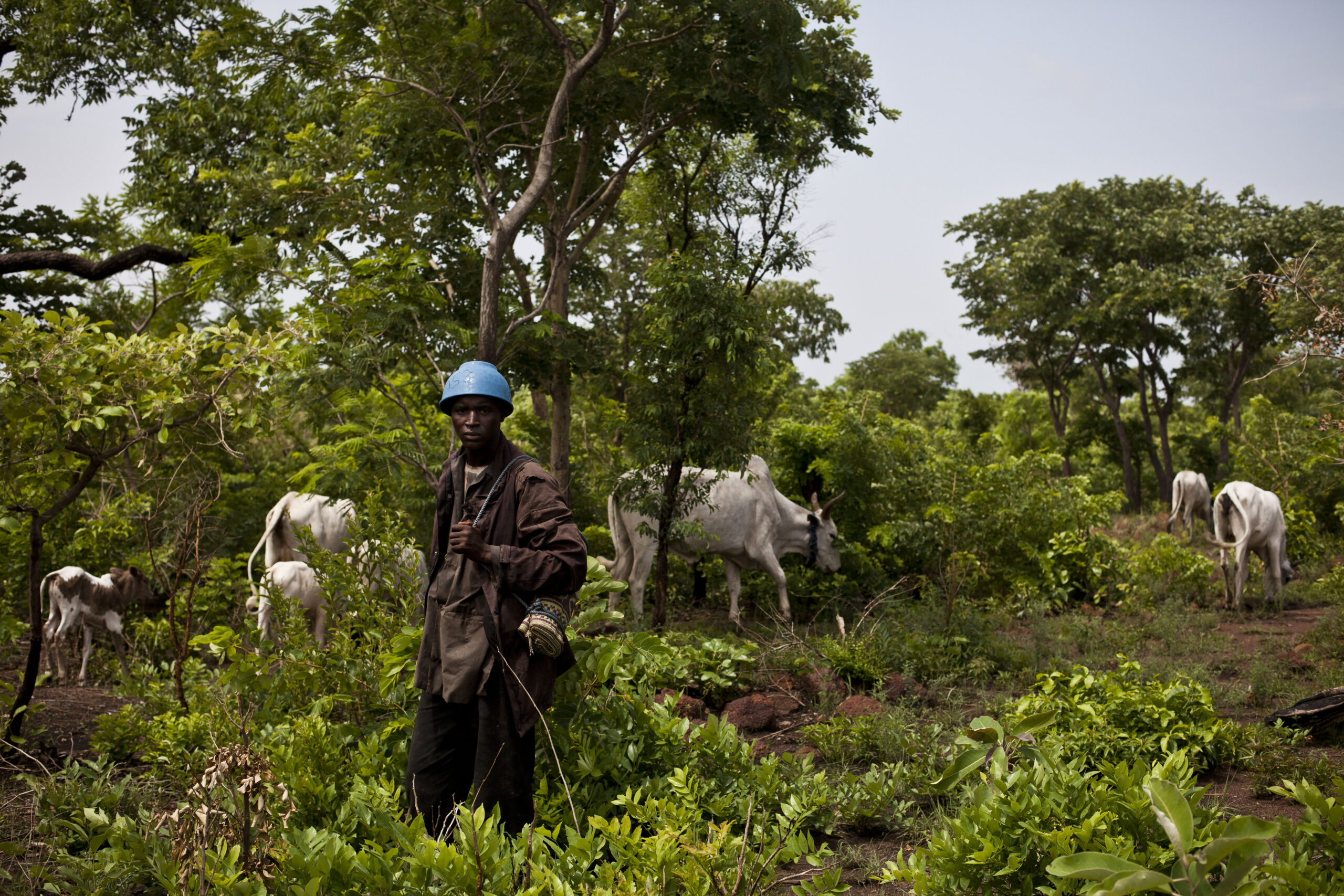| Projet REPOT : Resilience of rural populations in the cross-border territory of North-East Guinea, West Burkina-Faso, North Ivory Coast |
Improving the resilience of cross-border rural populations, and in particular of farmers and agro-pastoralists in precarious situations
The REPOT project concerns the cross-border strip between a Sahelian country, Burkina Faso (Cascades and South-West regions) and two coastal countries, Côte d’Ivoire (Tchologo and Bounkani regions) and Guinea (Kankan region). The local economy is essentially based on the agricultural sector in the broad sense (agriculture, livestock, fishing), cross-border trade with a predominant role for the livestock-meat sector, and the anarchic proliferation of artisanal mines. Agro-ecological conditions are fairly homogeneous on the whole. However, the agro-pastoral sub-sector is suffering significantly from the deterioration of the security situation in this cross-border area, where the current and growing insecurity is affecting the entire sector from production to marketing to final consumers. The actors dependent on this sector, in particular local and transhumant herders, are themselves victims of this negative evolution of the security and agro-pastoral context.
The ACTION
The project aims to improve the resilience of cross-border rural populations in the regions bordering Burkina Faso, Guinea and Ivory Coast through emergency and recovery actions in favour of populations made vulnerable by the security crisis and the deterioration of the livestock-meat sector (agropastoralism). The intervention area covers the cross-border zone including the 5 neighbouring regions with a particular focus on 22 communes and sub-prefectures considered as priorities.
The project will
- Strengthen community and territorial (local and inter-local) management and decision-making arrangements for livestock mobility to ensure that it is as smooth as possible and does not contribute to the disruption of already weakened social cohesion.
- Develop various levels of emergency aid for people affected by the current situation (e.g. labour-intensive community work, strengthening village savings and credit associations for greater inclusion and efficiency, distribution of food and basic necessities).
- Strengthen the productive capital of the most vulnerable through livestock rehabilitation actions (e.g. distribution of small ruminants, vaccination and deworming campaigns, creation of water points).
Key indicators and impacts
- Over 110,000 direct beneficiaries as follows:
- More than 28,000 beneficiaries through awareness-raising sessions, outreach, dialogue spaces, cross-border workshops and on the agro-pastoral value chain;
- 67,000 beneficiaries through emergency aid (THIMO, AVEC, distribution of food and basic necessities, co-managed funds between actors);
- 15,000 beneficiaries through rehabilitation and development actions (animal kits, animal health and water points);
- More than 574,000 indirect beneficiaries who will use the supported works and services (old and new) or simply benefit from their good functioning: use of pastoral facilities and market infrastructures and radio broadcasts.
- 3 inter-community territorial mechanisms for managing transhumance are operational (1 in Burkina Faso and 2 in Ivory Coast).
- 104 management/monitoring committees for pastoral and livestock market infrastructure and market infrastructure periodically supervised and encouraged to fulfil their roles.
- Strengthening of 22 Village Savings and Credit Associations (VSCAs) to make them more inclusive and functional.
- 7 functional facilities built.
- 330 animal kits distributed and 25,000 animals vaccinated and/or dewormed.
